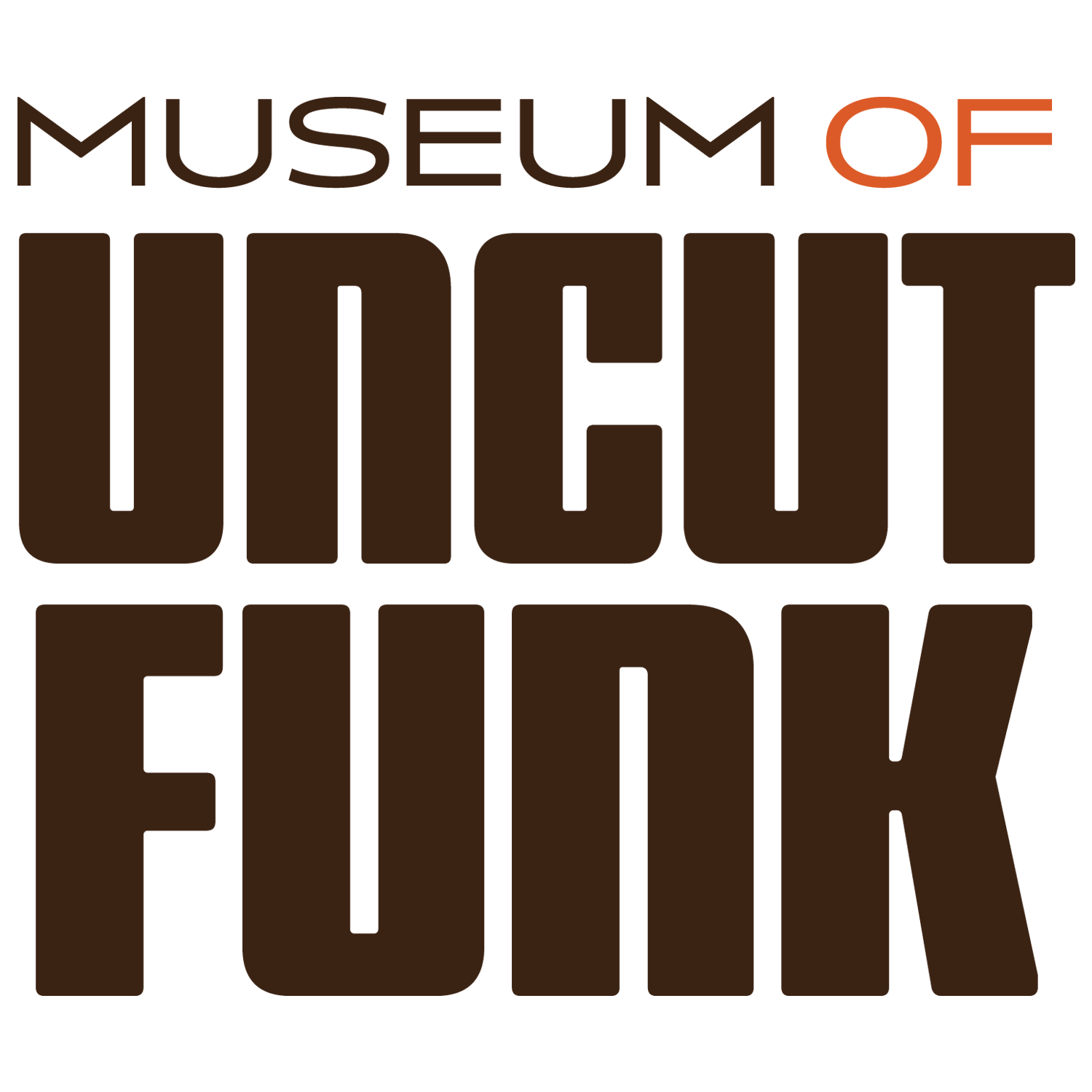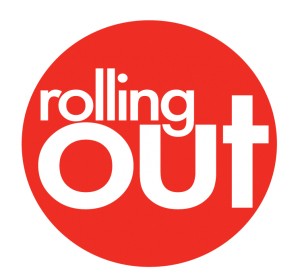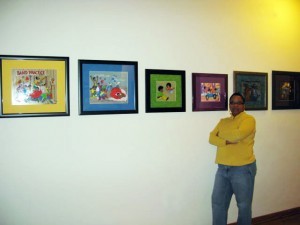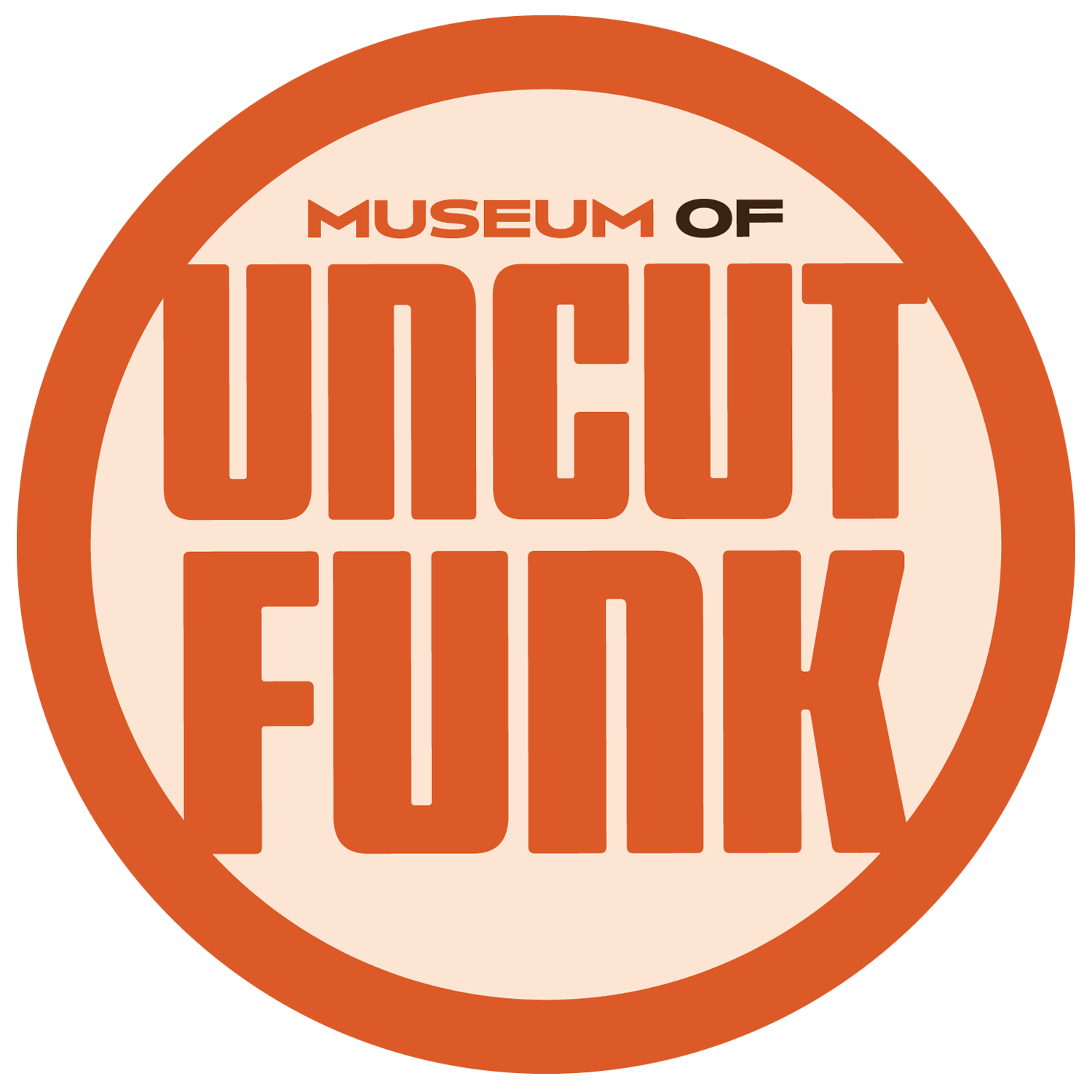Pamela Thomas’ ‘Funky Turns 40: Black Character Revolution’ exhibition to open at The DuSable Museum
“My background is in African American History. I graduated from the City College of New York – majored in African American History, minored in Education,” shares Pamela Thomas, curator of the “Funky Turns 40: Black Character Revolution” exhibition which opens at The DuSable Museum on June 27, 2014. It commemorates the 40th anniversaries of 1970s’ Saturday morning cartoons that featured positive black characters for the first time in television history.
“Back in the 1970s, before the explosion of cable TV channels, everybody watched the same cartoons. Since then, many of these cartoons have re-aired on cable networks reaching new generations of children. This exhibition is definitely bringing back fond memories for everyone who watched these cartoons,” she enlightens.
Read what else she has to say.
Why did you curate this exhibit?
“I really wanted to share my collection and the interesting story that it tells with the world, particularly children. It is important for people to understand that coming out of the Civil Rights Movement of the 1960s, going into the Black Power Movement of the 1970s, a revolutionary change in the way black people were depicted in animation took place which positively influenced a whole generation of children. It is important for black people to understand that for the first 60 years of the last century, we were depicted in animation in very racist and stereotypical ways — so we assure this type of exploitation never happens again.”
What did the ’70′s era mean for you?
I think the 1970s was the greatest decade ever! Black culture from the 1970s was very rich, which is why so much of it has served as the foundation for hip-hop culture. It was in your face. It was raw. It was real. From fashion, to music, television programming and movies it was very cool to be black. Back then, we were very proud to be black.
What do you hope museum goers walk away with after seeing this exhibit?
“I hope that everybody gets an opportunity to reconnect with a happy time from their childhood, when they ate cereal and watched Saturday morning cartoons. I also hope that people see how cool it is to collect different types of history, that you can collect whatever you love and are passionate about. I also hope that black people understand how important it is for us to own our own history and tell our own stories. If you don’t know what happened, important pieces of history can be re-written and erased.”





0 Comments